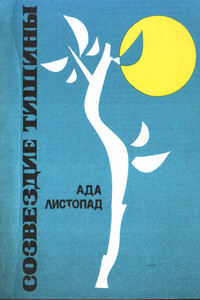A moongate in my wall: собрание стихотворений | страница 12
In 1991, when Mar)' Vezey was asked about her next collection of poems, the answer was: "I have little time left, and I won't be able to accomplish much. I am not as strong as I used to be. But I would still like to publish three little books of mine: one of poetry (the last one), one of translations into English, and one more (a special one). But before that — not my poetry, but that of colleagues and friends who can no longer do it.[37] (…) I can't allow myself to publish something of mine; my goal is to preserve the unpublished works of my compatriots and colleagues."[38]
Mary Vezey died on 18 October 1994 in San Francisco.
In one early poem she wrote: "This is not a poem, this is the music of the soul" (poem 275), and musicality is inherent in her poetry, as it is for many romantics and symbolists who considered music the highest form of art. The tonality of her music is sadness; Blok's "heavy flame of sadness"[39] is the key to her entire poetry: "great sorrow is given to us, / and we carry it as a banner" (poem 180). Its root lies in the contrast between the crude, gray life on earth and the vision of the other, beautiful world: "the soul did not have enough words / to tell of the sadness of dreams" (poem 468). One of the key symbols of this other, invisible world is a star, and her first collection opens with a poem where a white star falls down "to a cold, dry reality" (poem 1). In a poem dedicated to her brother, the poet says: "We both came not from this world, / but from a different star /(…) we live with a blessed hope / to see that star again" (poem 54).
Sad love lyrics are prominent in her early poetry: "I wrote my poems not for you at all, / but for my dream" (poem 295). Over the years, this "sadness with its enormous eyes"



